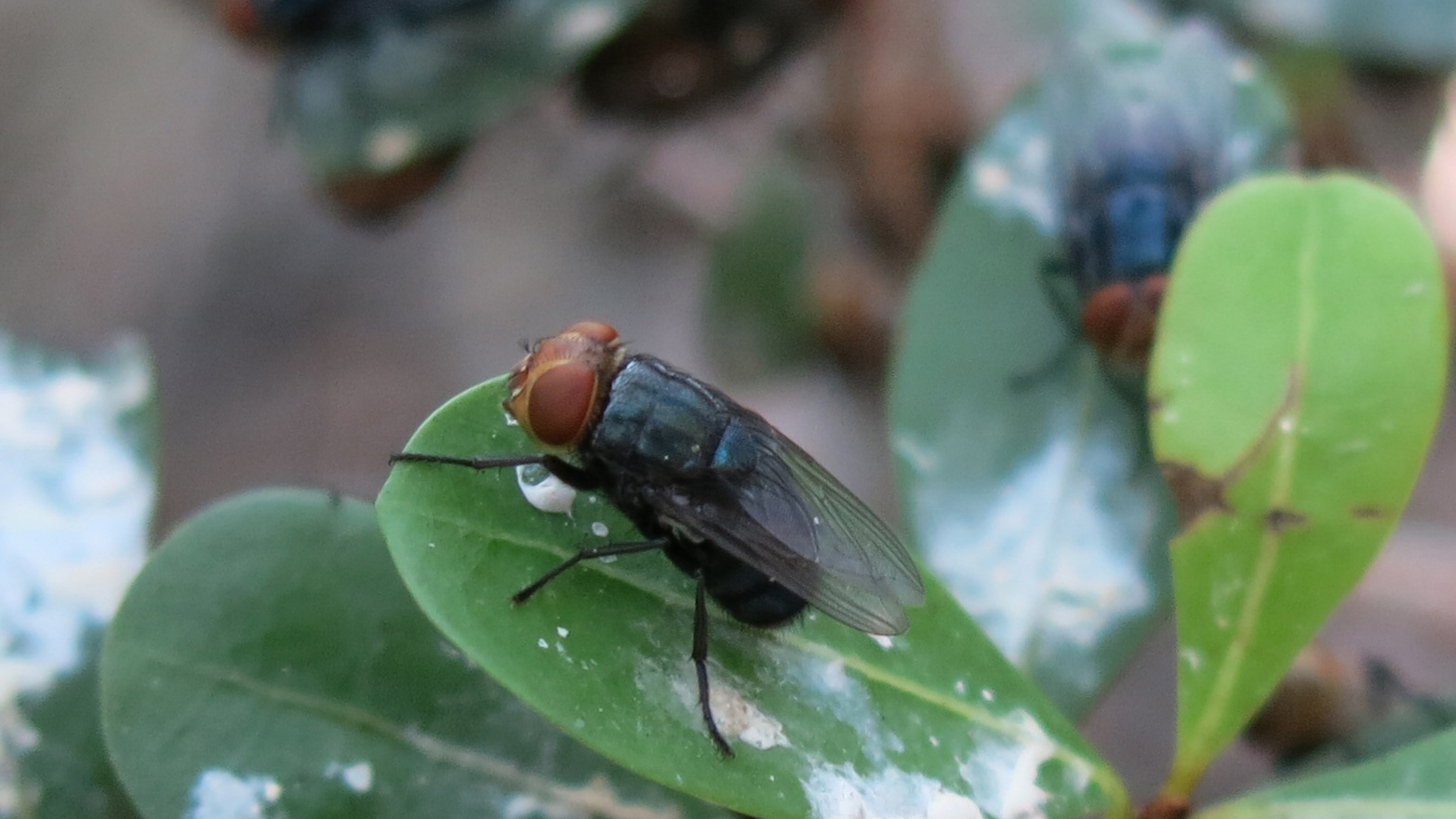New World screwworm found in Mexico

The chief veterinary officer of Mexico has alerted the United States Department of Agriculture’s Animal and Plant Health Inspection Service that New World screwworms parasites have been found in a cow in the Mexican state of Chiapas.
Due to concerns of NWS migrating to the U.S., APHIS announced it is restricting the importation of live cattle and bison from Mexico effective immediately. The notification was made on Nov. 22, and the discovery was made at an inspection checkpoint close to the border with Guatemala.
The NWS fly is parasitic, and its larvae are known to burrow into living tissue of warm-blooded animals—usually through open wounds. NWS can cause infection and death to livestock, pets and wildlife. They can also affect people. Symptoms of screwworm infestation include erratic behavior, head shaking, smell of decay, evidence of fly strike and presence of fly larvae in wounds.
NWS is common in many South American countries, but this pest has continued to spread north to Costa Rica, Nicaragua, Honduras, Guatemala and now Mexico.
“Given the northward movement of NWS, APHIS has in recent months stepped up its efforts in Central America to partner with impacted countries to push this pest out of newly affected areas,” said Dr. Rosemary Sifford, chief veterinary officer at the USDA. “With this latest find in Mexico, we will further intensify this work to protect American agriculture and reestablish the barrier in Central America.”
According to the USDA, NWS was eradicated from the U.S. in 1966, but officials have been vigilant about protecting the U.S. from reintroduction by surrounding countries.
APHIS works jointly with Panama to maintain a barrier zone and employs a program called the Commission for the Eradication and Prevention of Screwworm. To prevent the spread of screwworms, COPEG releases sterile male screwworm flies in Panama to inhibit screwworm reproduction and migration.
Although it is unclear when the restrictions will be lifted, officials expect the border to be closed for live cattle and bison importation until at least January. APHIS is partnering with Mexico to develop new procedures to minimize the risk of spreading NWS. Mexico is expected to set up new livestock inspection sites within its borders.
Lacey Vilhauer can be reached at 620-227-1871 or [email protected].



